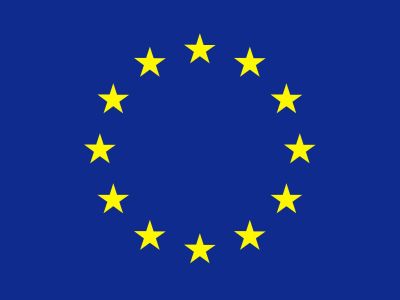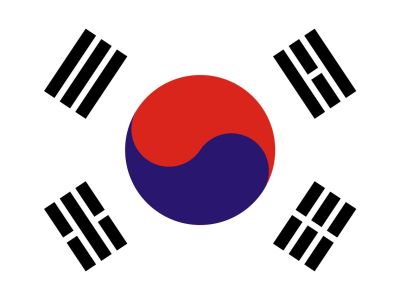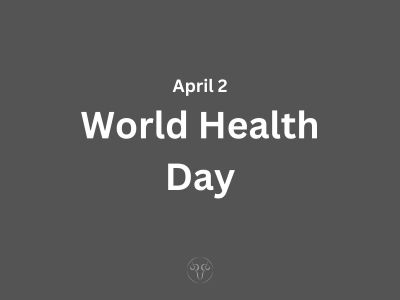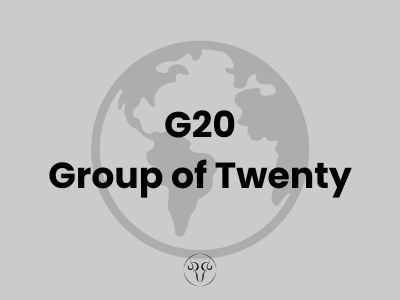France - Constitutionalization of Abortion Rights
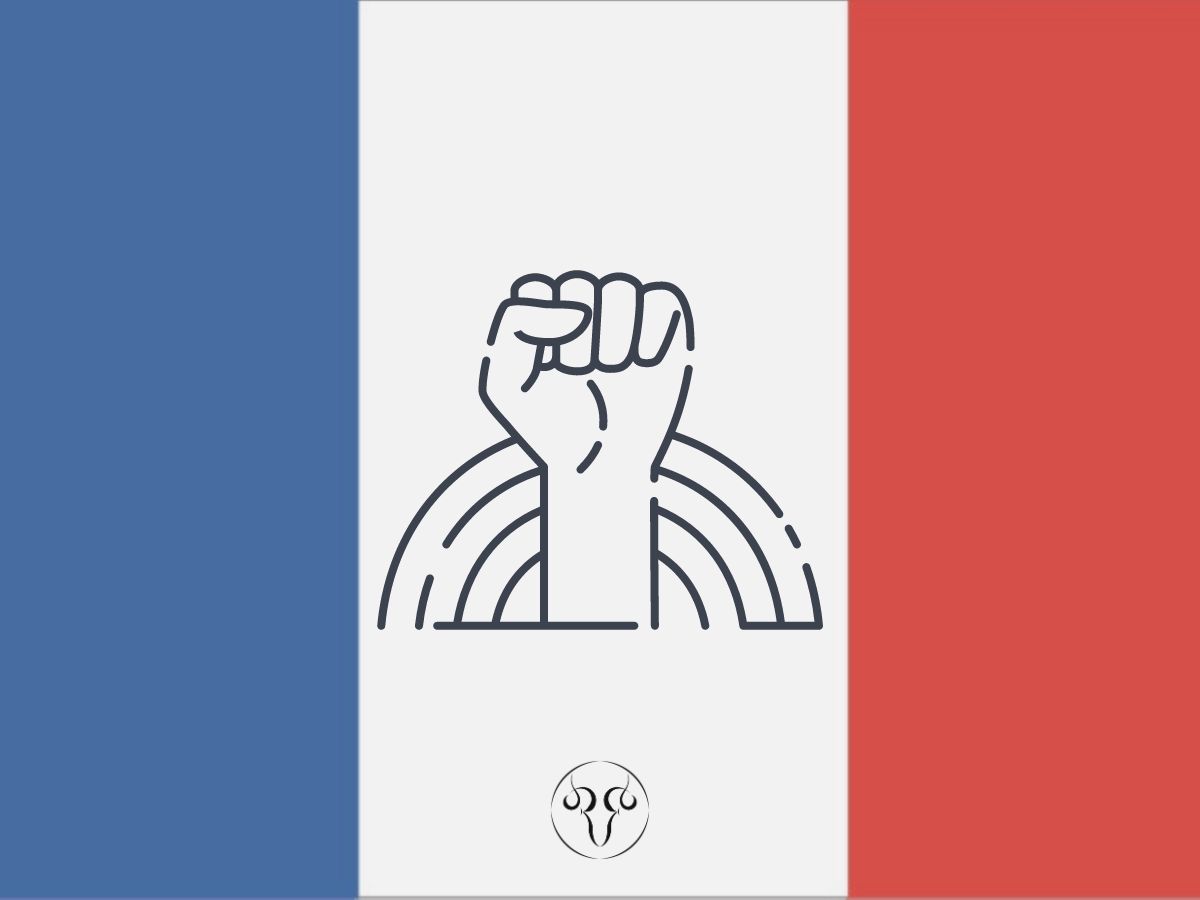
In a historic move that reverberates far beyond its borders, France recently made headlines by enshrining abortion rights in its Constitution. The monumental decision, following a tightly contested vote in the French Senate, marks a watershed moment in the country's ongoing struggle for reproductive rights and gender equality. However, the significance of this landmark decision extends beyond France's borders, sparking European action and global reflection on the status of reproductive rights.
In a dramatic turn of events, the French Senate witnessed a significant shift in perspective regarding the constitutionalization of abortion rights in last few days. What initially seemed like a contentious debate marked by opposing ideologies eventually culminated in a surprising consensus among lawmakers. As the nation prepares for the historic moment when abortion rights are enshrined in the Constitution, the journey of these senators reflects the intricate dynamics of legislative decision-making and societal evolution.
At the forefront of this momentum is Mathilde Panot, leader of the LFI deputies, who wasted no time in announcing plans to table a resolution aimed at safeguarding the right to abortion at the European level. Panot's proposal underscores a commitment to elevate reproductive rights to the realm of fundamental human rights, transcending national boundaries and affirming a shared commitment to gender equality.
Following the emotional culmination of the congressional vote in Versailles, Panot articulated a sentiment echoed by many: while celebrating this historic victory, the fight for reproductive rights is far from over. Panot's proposed resolution, though non-binding, carries significant symbolic weight, urging the French government to advocate for the inclusion of abortion rights in the Charter of Fundamental Rights of the European Union. This initiative reflects a collective determination to protect and advance reproductive autonomy across Europe.
The resonance of France's historic decision extends beyond legislative chambers and political circles, sparking a broader conversation on reproductive rights and gender justice. Yaël Braun-Pivet, President of the National Assembly, encapsulated this sentiment as she reflected on the significance of the vote. Braun-Pivet's acknowledgment of the perpetual threat to abortion rights in democracies underscores the enduring struggle for gender equality and bodily autonomy.
Prime Minister Gabriel Attal echoed these sentiments, hailing France's message to the world as "historic." Attal's assertion that women have sole ownership of their bodies reaffirms the principles championed by trailblazers like Simone Veil and underscores the global significance of France's decision.
Emmanuel Macron, President of the Republic, seized the moment to amplify the importance of March 8, International Women's Day. Macron's commitment to delivering a dedicated speech commemorating the inclusion of abortion rights in the Constitution reflects a broader aspiration to celebrate the collective struggle for gender equality and reproductive justice. Macron's vision of an open and inclusive ceremony underscores the inclusive spirit of France's commitment to reproductive rights.
As France embarks on this historic journey towards constitutional recognition of abortion rights, the proposed European resolution and the forthcoming commemorative events serve as powerful symbols of solidarity and progress. They underscore a shared commitment to upholding fundamental rights and dignity, transcending borders and barriers. In a world grappling with persistent inequalities and threats to reproductive autonomy, France's bold stance sends a clear message: the fight for reproductive rights is universal, and the time for action is now.

